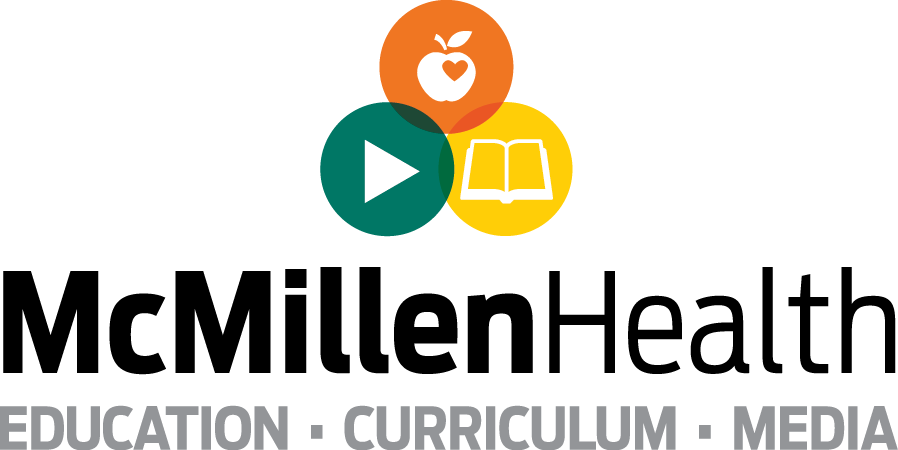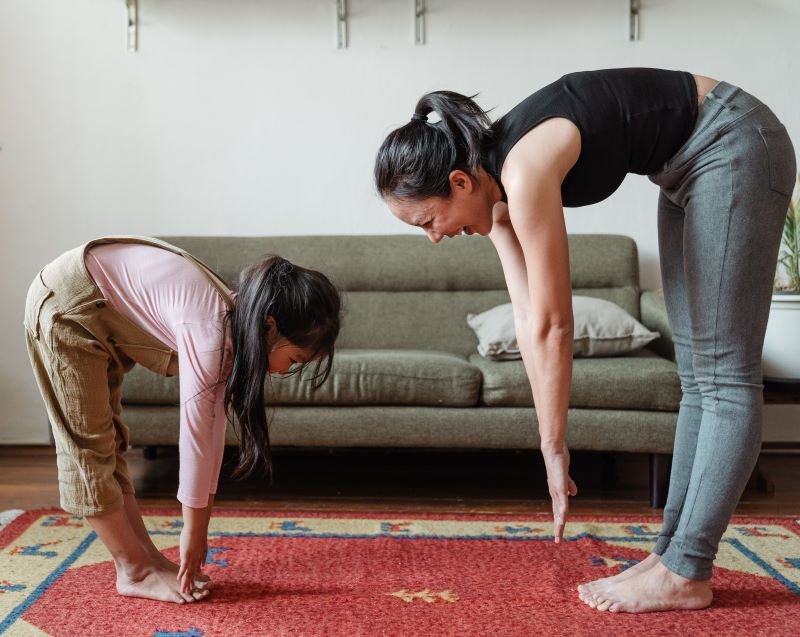Body Health Basics: What is Physical Health?
Our physical health, or physical wellness, is how well our organs and body systems function. Keep reading to find answers to some frequently asked questions about physical health.
What is Physical Health?
Physical health, also known as physical wellness, is more than just how fit you are. Physical health is how well your organs and body systems function.
Each person’s version of physical health is different. Someone can achieve their own definition of physical health, despite a disease, a disability, or their age.
Examples of Physical Health
#1 Body systems functioning
Examples:
Your digestive system breaks down food.
Your nervous system sends messages from your body to your brain.
#2 Body parts healthy and functioning
Examples:
You have no cavities in your teeth.
Your heart has a regular heart rate.
#3 Senses functioning
Examples:
You have clear vision (with or without glasses).
You feel balanced while moving.
What Impacts Physical Health?
Five factors impact our physical health. These include:
Lifestyle choices
Biology
Environment
Access to healthcare
Health education
#1 Lifestyle Choices
Generally, we have a lot of control over our physical health. One of the most significant impacts is our lifestyle choices.
Diet
Our diets influence our physical health. We should focus on eating regular meals made of nutrient-dense foods. Nutrient-dense foods have lots of vitamins, minerals, and nutrients and not too much sugar, sodium, or saturated fats.
We don't always have access to the foods we want. If you need help getting enough food, visit FeedingAmerica.org to find a food bank in your community.
If you have food aversions or are a caregiver for someone with food aversions, a speech therapist may be able to help.
Substance Use
Substances like tobacco, alcohol, drugs, and prescription medications affect the body's systems.
Prescription medications can support physical health when used correctly under a doctor's supervision.
If substance use is impacting your life, learn more about treatment options here.
Sleep
Sleep helps our bodies and brain recover. Rest gives us the energy to be more physically active too.
Physical Activity
Physical activity is good for your bones, muscles, and heart. The CDC has guidelines on how much physical activity we need each day.
Staying active can look different for everyone. If you are an individual with a disability or a caregiver for an individual with a disability, a physical therapist or a recreational therapist may be able to help.
Stress Management
Stress is a part of life, but too much stress for too long affects our physical health. We can’t always control if we experience stress, but we can find healthy ways to handle it. Stress management can include:
Talking to a therapist
Making changes to your schedule or responsibilities
Asking for help from loved ones
Practicing self-care
#2 Biology
Our genetics play a role in our physical health too. Since we inherit our genes from our parents, we don't get to choose our biology.
Fortunately, lifestyle choices play a major role in our physical health. By making healthy choices for our bodies, we can still reach our personal goals for physical health.
A disease, genetic disorder, or disability does not mean someone can’t be physically healthy. They may need to work with doctors or specialists to help them.
#3 Environment
Pollution in the air, water, or soil is harmful to physical health. There can also be dangerous substances in food, consumer products, and building materials.
Mold in your home can cause respiratory problems. Contaminated drinking water can cause digestive issues. If you have unexplained illnesses, you should contact a doctor.
Talk to your local health department if you have concerns about an environmental issue in your home or community.
#4 Access to Healthcare
Regular visits to a doctor, dentist, and other medical professionals are important for your physical health. Routine check-ups help us find health problems early. If you have any physical health concerns, you need a doctor to treat you.
Unfortunately, not everyone can easily visit or afford a doctor. Not having access to quality healthcare leads to more health inequity. Health inequity is when some groups have worse health because of unfair treatment.
If parents experience health inequity, their children’s health can be affected too. This includes access to prenatal care during pregnancy.
#5 Health Education
Caring for our physical health starts with education. Children need to learn about caring for their health starting in early childhood. Health education gives students the information they need to make healthy decisions.
Explore McMillen Health's Disease Prevention Programs.
Importance of Physical Health on Overall Health
All parts of our health are connected. This means our physical health plays a role in our overall health, including intellectual health and mental health.
Intellectual health is our brain health and our ability to be creative and curious. The physical health of our brains affects our intellectual health.
Mental health includes our emotional, social, and psychological well-being. When we are stressed, we can have physical symptoms like headaches or muscle tension. Long-term stress can affect our sleep or digestion. Mental health problems can also make it harder to take care of our physical health.
Caring for our physical health helps our mental health. We will have more energy, eat better, and sleep better. We can feel more motivated to make healthy choices.
Mental Health Resources
How to Improve Physical Health
Much of our physical health is based on lifestyle choices. We can take steps to improve physical health.
Drink plenty of water.
Get enough quality sleep.
Regularly stretch and exercise.
Eat regular meals containing nutrient-dense foods.
Avoid using substances.
Practice self-care.
Regularly visit the doctor, dentist, therapist, and other specialists who help you care for your physical health.
Physical Health Education Programs
Using high-tech media rooms, our educators can reach classrooms anywhere with an internet connection. We offer preventive health programs for students of all ages.
If you want to learn more about McMillen Health's health education programs, visit our program guide.
Preschool
Kindergarten
Elementary
Senior Adults
Ready to schedule a program? Click here.



